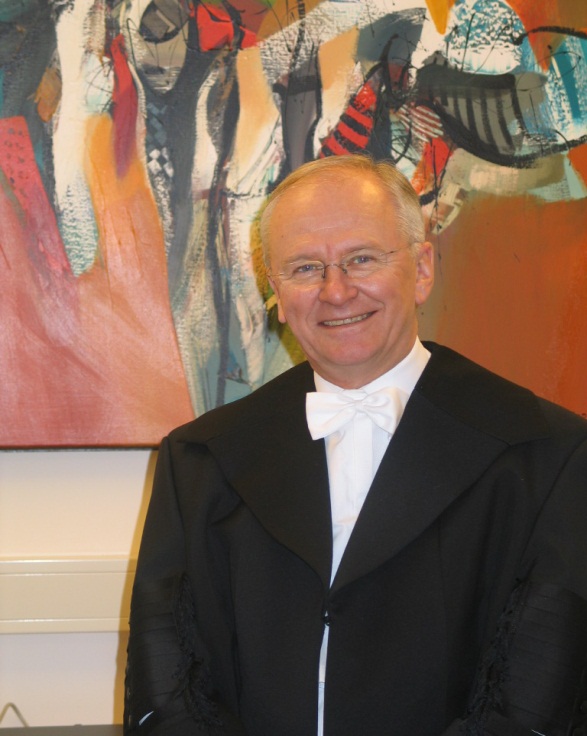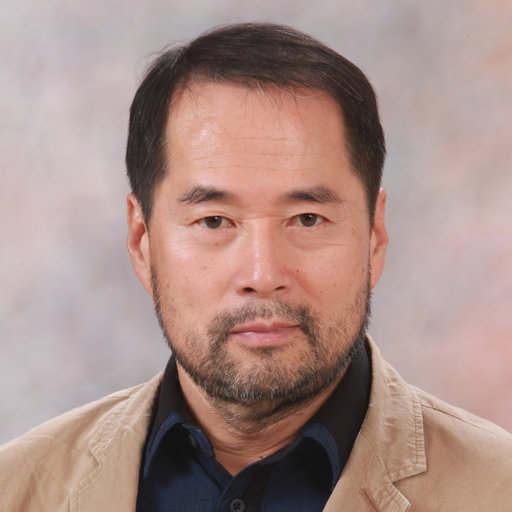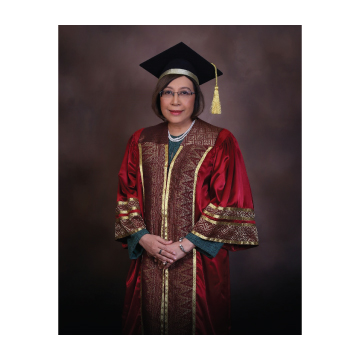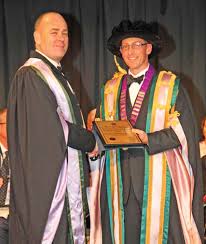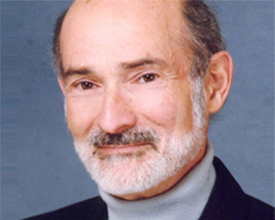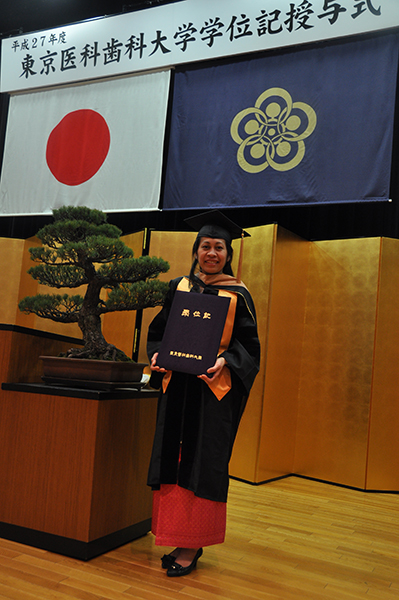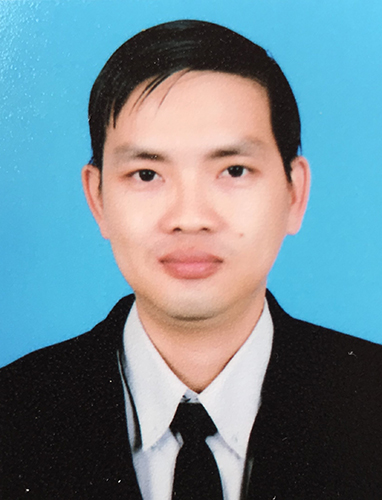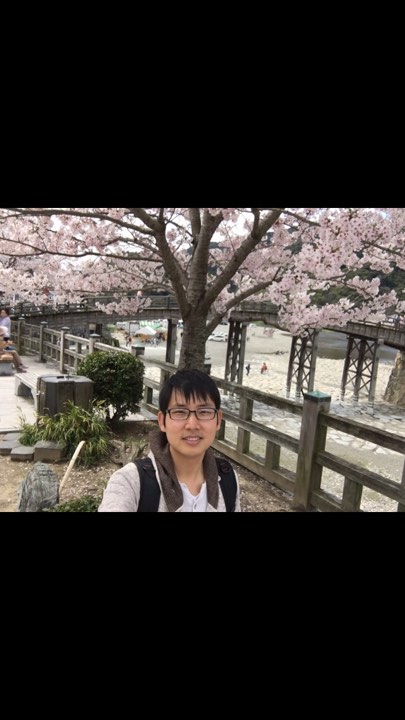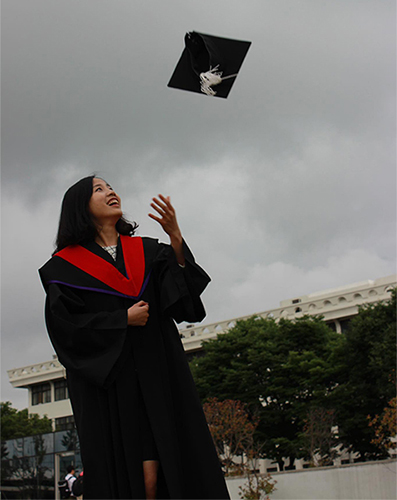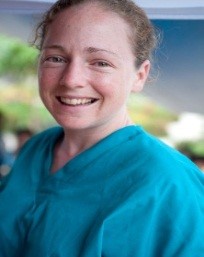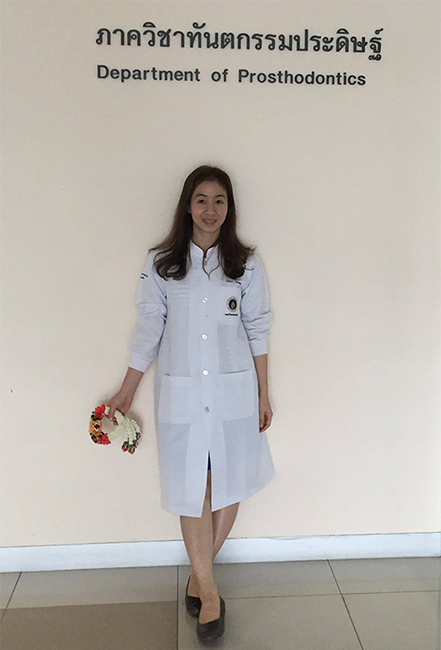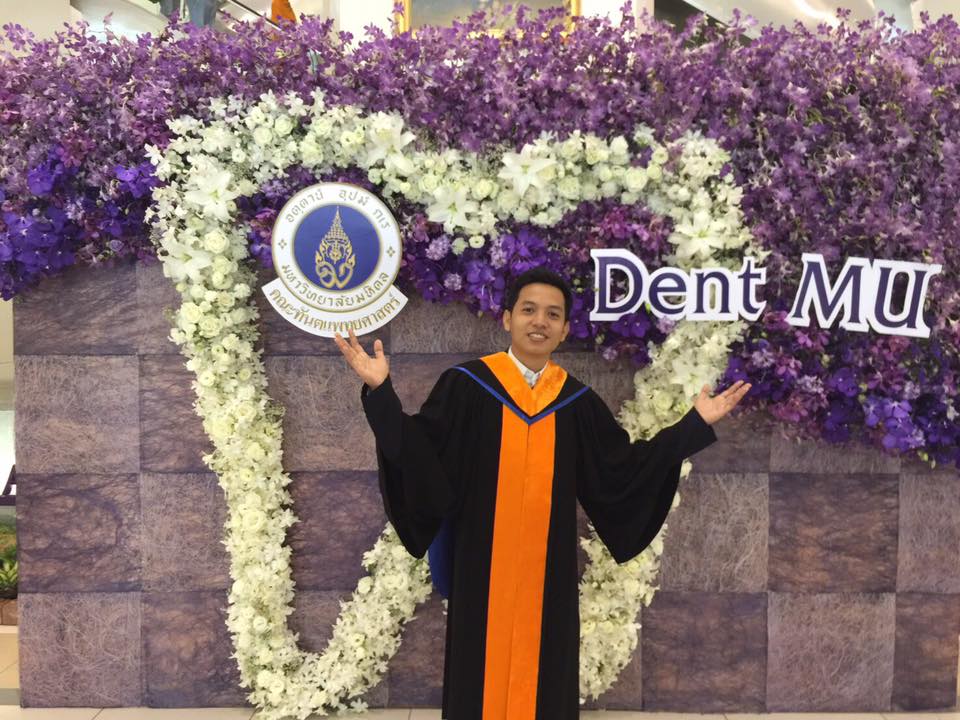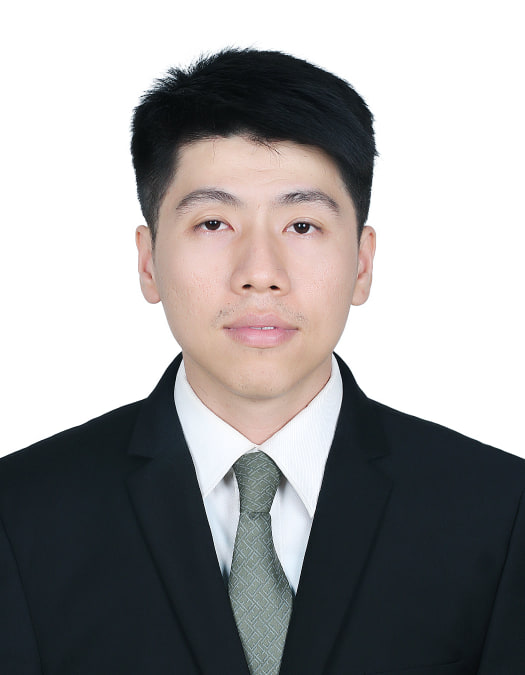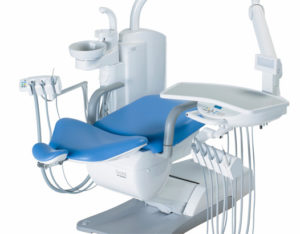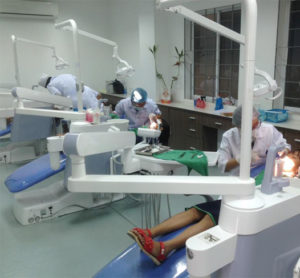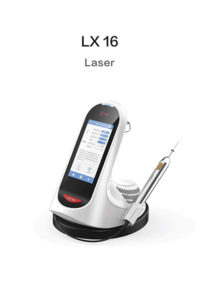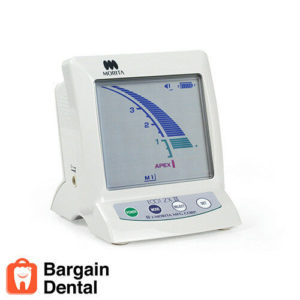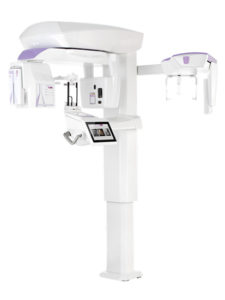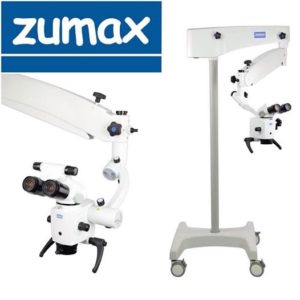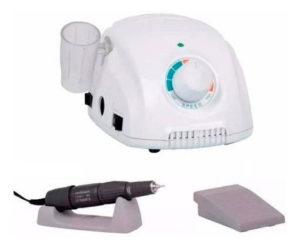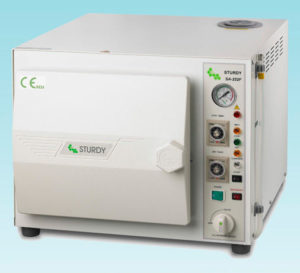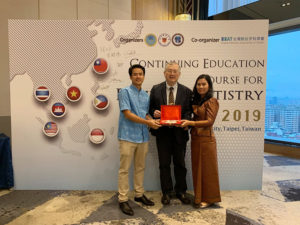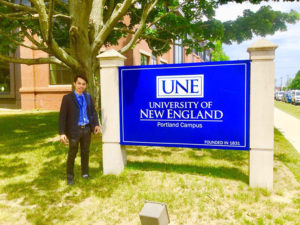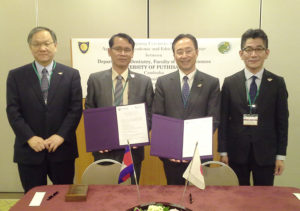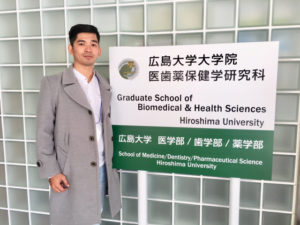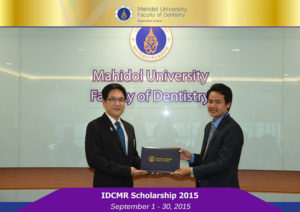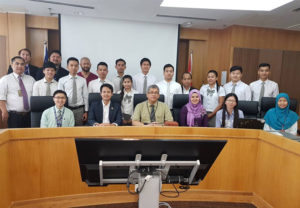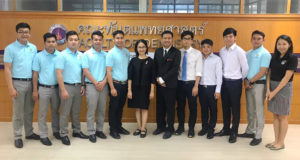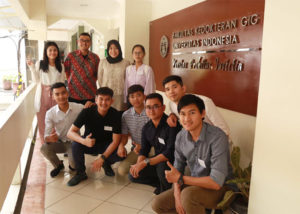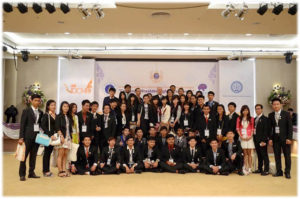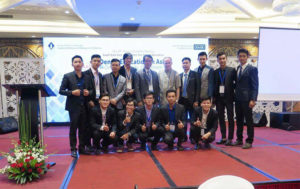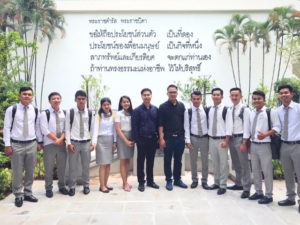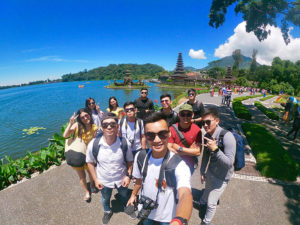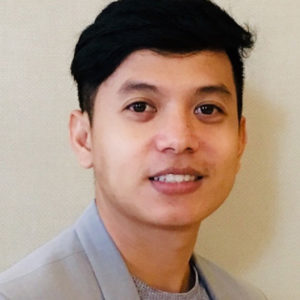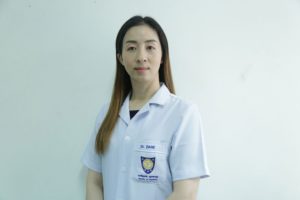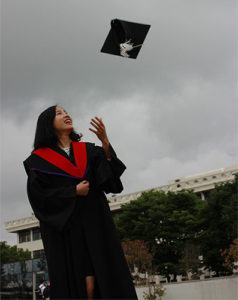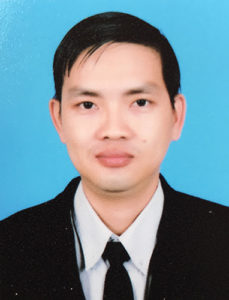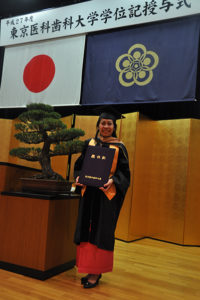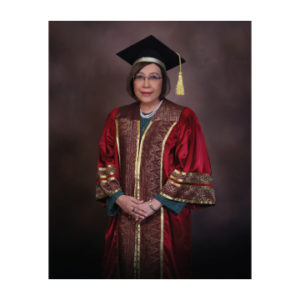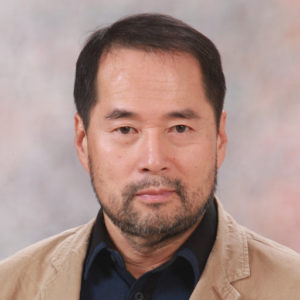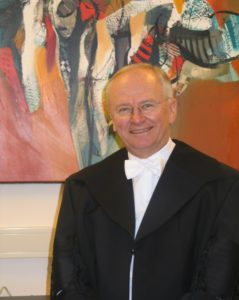We believe that UP has the best dental school in Cambodia, Please compare our program with other schools. We welcome students to visit us and we will give you a tour of our facilities.
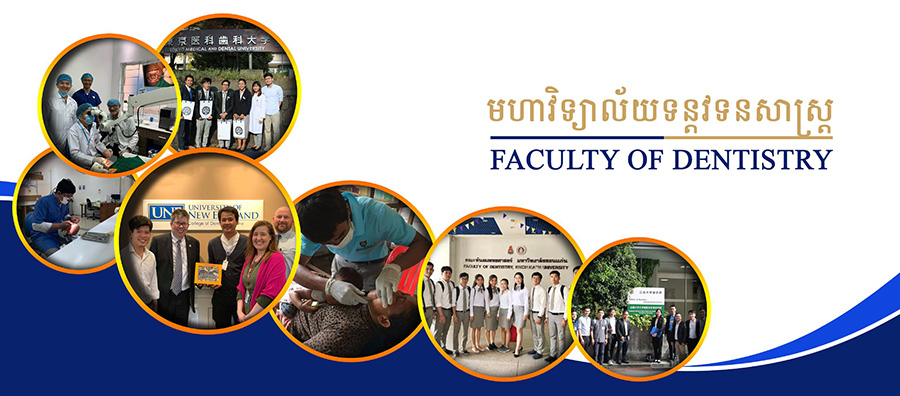
WHY STUDY DENTISTRY AT UNIVERSITY OF PUTHISASTRA
CURRICULUM
Contemporary key subjects are added to the existing National Curriculum to ensure that students received the best dental education recognized worldwide. Below are SOME of the key subjects you will study during your 7 year program:
| Key Subjects | |
|---|---|
| Year 1 (Foundation Year) | Anatomy, Chemistry, Biochemistry, Biology, Demography, English, French, Mathematics, Embryology, Philosophy, Physics |
| Years 2-3 (Basic Medical & Dental Sciences) | Dental English, General and Head and Neck Anatomy, Microbiology, Oral Biology, Odontology, Dental Laboratory, General Histology, Physiology, First Aid, Physio-pathology, Anatomo-pathology, Medical Pathology, Surgical Pathology, Immunology, Dental Pathology and Cariology, Preventive Dentistry, Dental Materials, Cross Infection Control, Behavioural Sciences, Minor Oral Surgery, Conservative Dentistry, Radiology, Oral Health Assessment, Dental Ethics, Special Needs Dentistry |
| Years 4-6 (Clinical years) | Orthodontics, Periodontics, Pediatric Dentistry, Endodontics, OMF Surgery, Oral Pathology, Implantology, Opthalmology, General Anesthesia and Sedation Research Methods, Biostatistics, Epidemiology, E.N.T and Plastic Surgery, Community Dentistry |
| Year 7 | Internship; Thesis; Practice Management |
CAREER OPPORTUNITIES IN DENTISTRY
Most people in Cambodia (especially children) have dental problems and require treatment. Those in rural areas are particularly underserved. A new graduate in dentistry has many career options. These include:
-
- Private general practice – providing a full range of clinical treatment for adults and children. Most dentists like to be in a group practice – working with other dentists.
- Specialized dental practice – there are many different specialties in clinical dentistry eg periodontics, endodontics, prosthodontics, pediatric dentistry, oral surgery, implantology, orthodontics etc. 2 or 3 years of postgraduate training is needed to become a specialist, and their knowledge and skills in that particular area are more advanced than the general dentist.
- Academic dentistry – some dentists (who normally have postgraduate qualifications) choose to work in the university, where they can teach, practice in their specialty, and do research.
- Government service – there are various opportunities in the government service, including working in the military, hospitals and Ministry of Health. Those in the MOH often need to have postgraduate qualifications in Dental Public Health, as they make policy and implement programs to improve the health of the population. Hospital dentistry often involves more oral surgery.
Faculty Team Members
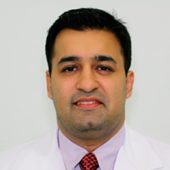
Prof. Anand Marya, BDS, MScD, PhD.
Dean of Faculty Dentistry
Tel: (+855) 15 753 490
Email: amarya@puthisastra.edu.kh
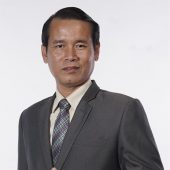
Asst Prof Soeun Sopharith, DDS.
Deputy Dean for Academic Affairs of Faculty Dentistry
Tel: (+855) 12 350 123
Email: ssopharith@puthisastra.edu.kh
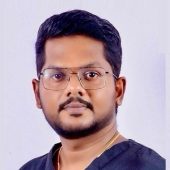
Assoc. Prof. Siddharthan Selvaraj, BDS., MDent., PhD
Deputy Dean of Dentistry (Research)
Tel: (+855) 96 956 2939
Email: ssiddharthan@puthisastra.edu.kh
FACULTIES
Some dentists combine more than one of these options in order to have a very interesting career. Here at the University of Puthisastra, our aim is to prepare students well for their future dental career, whatever that may be. Dentistry requires a good intellect along with good hand skills. It is often said that dentistry is both an “art” and a “science”. It also provides many opportunities to help people to improve their health and their smile. This is one of the most rewarding aspects of being a dentist.
We believe that our graduates are the best in the country, and we aim to reach the standards of some of our neighbors in the region. Year by year we are moving in this direction.





